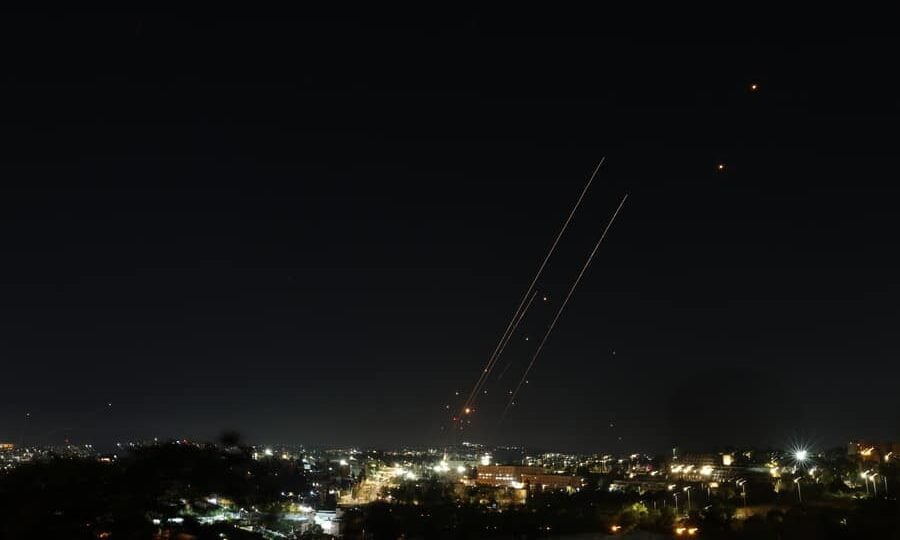

Iran launched large-scale retaliatory missile strikes on Israel late Friday, firing more than 150 ballistic missiles in response to Thursday’s Israeli airstrikes on Iranian military and nuclear facilities. The attack marked one of the most significant escalations between the two countries in recent years.
The Israel Defense Forces (IDF) said two waves of missiles were launched, with many intercepted by air defense systems. At least nine missile impact sites were confirmed across the country, including in Tel Aviv and its surrounding areas.
Emergency responders from Magen David Adom treated 15 people in total, including one in moderate condition and several others with minor injuries. Many were hurt by shrapnel or during evacuations. All were taken to nearby hospitals.
Millions of Israelis rushed into shelters as ballistic missiles from Iran targeted major population centers.
We will take every measure necessary to protect the people of Israel. pic.twitter.com/iFl8QvNUb6
— Israel Foreign Ministry (@IsraelMFA) June 13, 2025
The Israel Fire and Rescue Service said it rescued two people trapped inside a building in the Tel Aviv area following a missile impact. Another missile caused damage to a high-rise tower in the city. In northern Israel, missile fragments damaged a home and sparked a brush fire, according to the service.
Prime Minister Benjamin Netanyahu convened an emergency meeting with security chiefs and cabinet ministers in an underground bunker to assess the situation and discuss possible responses. No decisions have been publicly announced yet.
BREAKING: Iranian missiles have made impact in Tel Aviv as Israel’s air defense system fails to intercept all of the missiles.
Residents have been told to remain in bomb shelters. pic.twitter.com/TuIgcIGNrc
— Collin Rugg (@CollinRugg) June 13, 2025
Air raid sirens were activated across Israel, including in the north and south. While the IDF later allowed residents to leave bomb shelters, it advised the public to remain close to them as the situation remained fluid.
Iran’s Islamic Revolutionary Guard Corps claimed responsibility for the missile attack, describing it as a “decisive and precise response” to Israel’s earlier operation. In a statement carried by state media, the Guards said they had targeted multiple Israeli military centers and airbases.
The strike followed an Israeli air operation that targeted sites inside Iran, including nuclear infrastructure. At least three senior Iranian military officers were reportedly killed.
Iran’s Supreme Leader, Ayatollah Ali Khamenei, issued a statement accusing Israel of initiating hostilities. “The Zionist regime (Israel) will not remain unscathed from the consequences of its crime,” he said. “The Iranian nation must be guaranteed that our response will not be half-measured.”
Israeli military officials dismissed Iranian media claims that two Israeli fighter jets had been shot down and a pilot captured. IDF spokesperson Col. Avichay Adraee called the reports “completely baseless.”
The United States confirmed it played a role in helping Israel intercept Iranian missiles. According to Reuters, US officials—speaking on condition of anonymity—said the American military helped shoot down incoming projectiles.
: AP pic.twitter.com/Pvli6eerlL
— Charlie Kirk (@charliekirk11) June 13, 2025
They did not specify whether fighter jets, warships, or other defense systems were used. Officials added that the safety of the American citizens who are currently living in Israel remains a top concern.
As of now, both Israeli and Iranian forces remain on high alert. With missile barrages exchanged and political leaders issuing warnings, international observers have expressed growing concern over the potential for a broader regional conflict.
